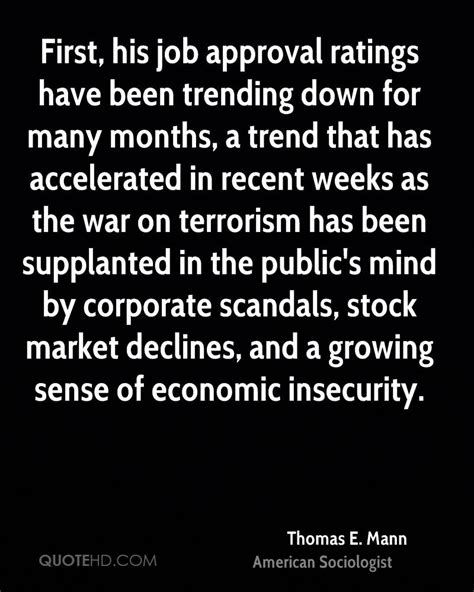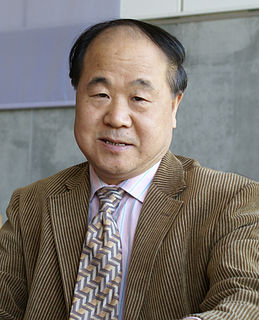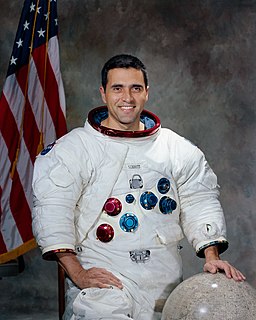A Quote by Ivan Krastev
Russians clearly perceive America's global influence as being in irreversible decline and American society shattered by major political, economic and ideological crises.
Related Quotes
The scary thing is a dramatic erosion of American position in the world - its economic, military position, as well as America's influence. Obama is not the man at the wheel desperately trying to conserve American power, influence and wealth. For ideological reasons, he wants the slipping to continue. He's actually the architect of it.
The American president increasingly used his influence to create conflicts, intensify existing conflicts, and, above all, to keep conflicts from being resolved peacefully. For years this man looked for a dispute anywhere in the world, but preferably in Europe, that he could use to create political entanglements with American economic obligations to one of the contending sides, which would then steadily involve America in the conflict and thus divert attention from his own confused domestic economic policies.




































